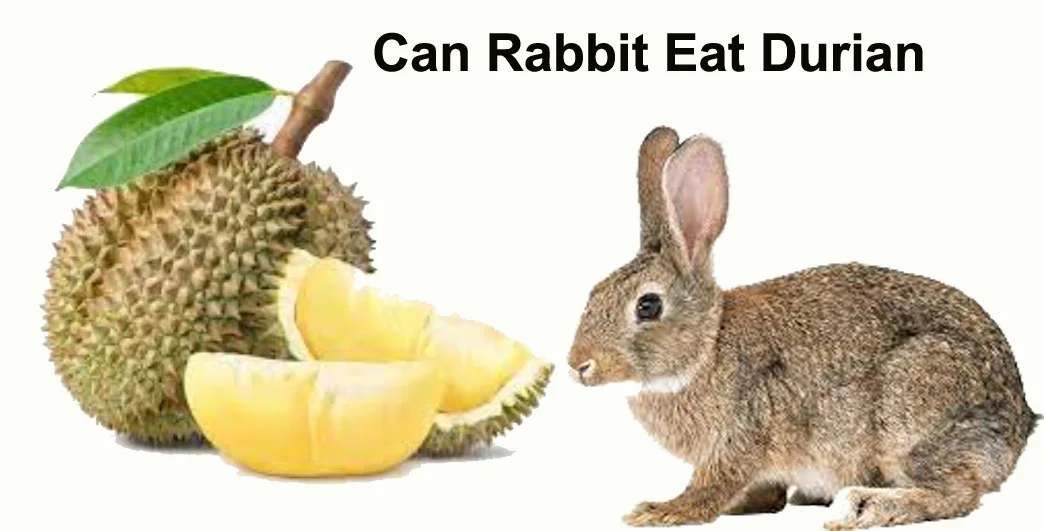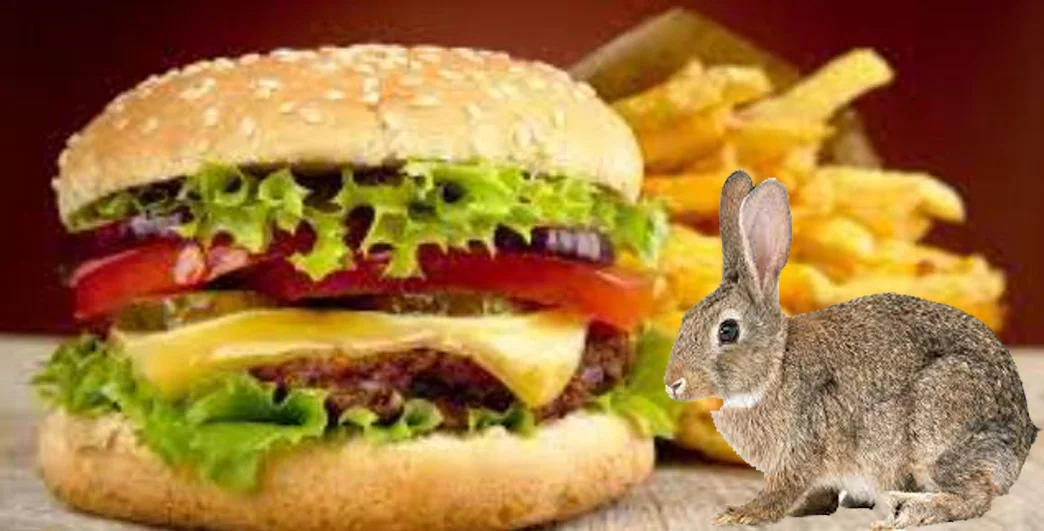Durian, known for its unique and pungent aroma, is a popular fruit in many parts of the world. However, when it comes to feeding durian to rabbits, there are a few important considerations to keep in mind. In this article, we will delve into the rabbit-durian relationship and explore whether rabbits can safely consume this tropical fruit.
What is Durian and Can Rabbits Eat Durian?
Durian is a large, spiky fruit native to Southeast Asia. It is famous for its distinct odor, often described as a combination of sweet, creamy, and slightly pungent notes. Durian is known for its custard-like flesh, which is rich in nutrients such as vitamin C, dietary fiber, and various minerals.
While rabbits are herbivores and can consume a variety of fruits and vegetables, durian is not recommended for their diet. There are a few reasons why durian may not be suitable for rabbits:
Digestive Sensitivity: Rabbits have delicate digestive systems that are primarily adapted for a high-fiber diet. Durian is relatively high in sugar and carbohydrates, which can upset the balance of a rabbit’s gastrointestinal tract and potentially lead to digestive issues such as diarrhea.
Potential Allergic Reactions: Some rabbits may have sensitivities or allergies to certain fruits, including durian. It is essential to observe any signs of adverse reactions, such as changes in behavior, stool consistency, or appetite, when introducing new foods to your rabbit’s diet.
High Caloric Content: Durian is a calorie-dense fruit, and excessive consumption can lead to weight gain and related health issues in rabbits. Obesity can have serious implications for a rabbit’s overall well-being, affecting its mobility, organ function, and lifespan.
Rabbit-Friendly Alternatives
While durian may not be suitable for rabbits, there are plenty of other fruits and vegetables that can provide nutritional benefits. Here are some rabbit-friendly alternatives:
Leafy Greens: Offer a variety of leafy greens like kale, spinach, and romaine lettuce. These provide essential vitamins and minerals while maintaining a high-fiber content.
Hay: Timothy hay or grass hay should form the basis of a rabbit’s diet. It helps maintain proper dental health and digestive function.
Berries: Treat your rabbit to small amounts of berries like strawberries, raspberries, or blueberries. These fruits are low in sugar and rich in antioxidants.
Carrots and Bell Peppers: Carrots and bell peppers can be given in moderation as occasional treats. These crunchy vegetables are a good source of vitamins and minerals.
Apple Slices: Remove the seeds and core, and offer small slices of apple as an occasional snack. Apples provide a sweet and juicy treat for rabbits.
Remember to introduce new foods gradually and monitor your rabbit’s response. If you notice any negative reactions or digestive issues, it’s best to consult with a veterinarian who specializes in rabbit care.
While durian may be enjoyed by humans, it is not recommended to feed this tropical fruit to rabbits. Their delicate digestive systems and specific dietary requirements make it important to choose foods that align with their nutritional needs. Opt for a balanced diet consisting of hay, fresh vegetables, and suitable fruits to keep your rabbit healthy and happy.

I am a veterinarian and owner of 10 rabbits. I am serving as a veterinarian for 17 years, All the latest and most helpful information about their food and the pros and cons of feed and Healthy diet benefits. I educate pets, about proper animal care, disease prevention, and responsible pet ownership, perform surgeries, administer vaccinations, prescribe medications tailored to the specific needs of each animal, diagnose, and treat illnesses, and injuries in animals and providing medical care to ensure their well-being.



